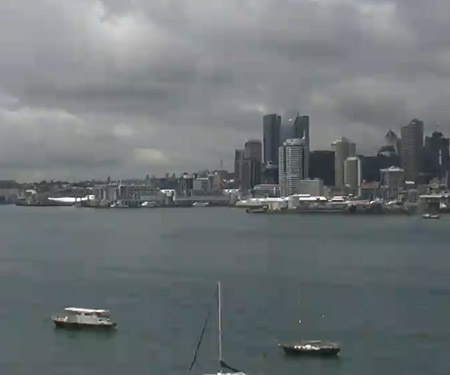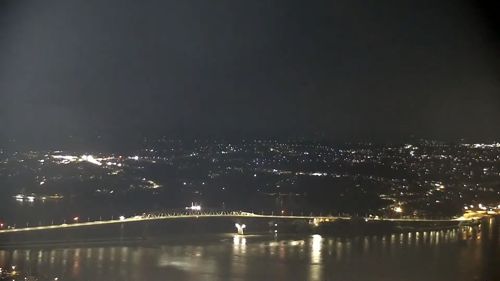
WEIGHT: 46 kg
Breast: Small
One HOUR:250$
Overnight: +50$
Services: Facial, Facials, Domination (giving), Role Play & Fantasy, Food Sex
Police officers tap more times a day into a private company's platform that hosts camera stills and video. File photo. Photo: rf.
Police have been given the legal clearance to continue tapping into private cameras more than , times a year for evidence. In newly released rulings, judges knocked back several legal challenges that had argued that it should be inadmissible to rely on the number-plate-identifying cameras. One judge said: "Whilst we might all feel uncomfortable by the idea of being watched, the reality of life today is that CCTV is ubiquitous.

Plugging in CCTV cameras to ANPR - a high-tech platform for automated number plate recognition - was just a souped-up version of something that people did not question police using. But Auror did "nothing more than facilitate" the police's access and there was no invasion of privacy, for vehicles and people in public spaces, she said. Records show officers tap more times a day into the private company Auror's platform that hosts camera stills and video - amounting , times last year.
Between and 10, cameras around the country connect to Auror and one other ANPR platform, mostly to combat shoplifting and retail crime. The numbers have been ramping up since , prompting the Public Defence Service PDS and other lawyers to launch the challenges , arguing police have slipped into mass surveillance. Police also use Auror to search for people's images, and can ask it to look for things such as tattoos. The newly-issued district court rulings showed defence lawyers argued that using ANPR evidence amounted to a search that police needed a production order or warrant for.

Judge Sellar oversaw one hearing at Auckland that covered four criminal cases, and a fifth challenge to ANPR was heard at Waitakere, covering people charged with arson, burglary, aggravated robbery and driving while disqualified or suspended.


































